52 World Heritage sites in China
chinadaily.com.cn | Updated: 2017-07-13 09:43
 |
| [Photo/Xinhua] |
7 Dazu Rock Carvings
Dazu is an area containing steep hillsides of an extraordinary series of rock carvings, dating from the 9th to the 13th century. The hillsides are extraordinary for their artistic quality, rich diversity of subject matter, and the light they shed on everyday life in China during this period – indicating the harmonious combination of Buddhism, Taoism and Confucianism. Dazu was added onto the list on December 1, 1999.
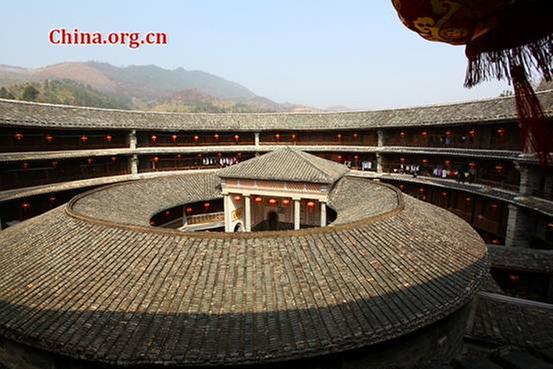 |
| [Photo/China.org.cn] |
8 Fujian Tulou
Located in East China's Fujian province, the 46 multi-storey earthen houses were built on a base of stone for defense purposes. The architectural arts of the Fujian Tulou can be traced back nearly 1,000 years, and their design incorporates the tradition of feng shui. Tulou was added onto the list on July 6, 2008.
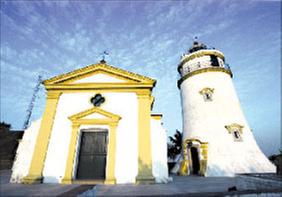 |
| [Photo provided to chinadaily.com.cn] |
9 Historic Centre of Macao
Macao plays an important role in international trade. Witnessing cultural exchanges between western and Chinese civilizations for more than 400 years, Macao is the oldest and the most complete port, with an array of European architectural legacy standing intact on Chinese territory. Macao was added onto the list on July 15, 2005.
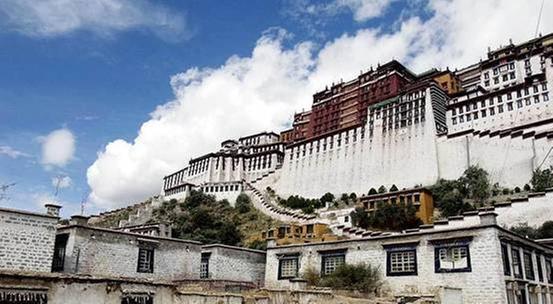 |
| [Photo/China.org.cn] |
10 Historic Ensemble of the Potala Palace, Lhasa
Situated Northwest of Lhasa, the capital of the Tibet autonomous region, the Historic Ensemble of the Potala Palace consists of the Potala Palace, Jokhang Temple Monastery and Norbulingka. The architecture of these three sites is beautiful and original, and their rich ornamentation and harmonious integration in a striking landscape add to their historic and religious interest. The Potala Palace, Jokhang Temple Monastery and Norbulingka were added onto the list respectively in 1994, 2000 and 2001.
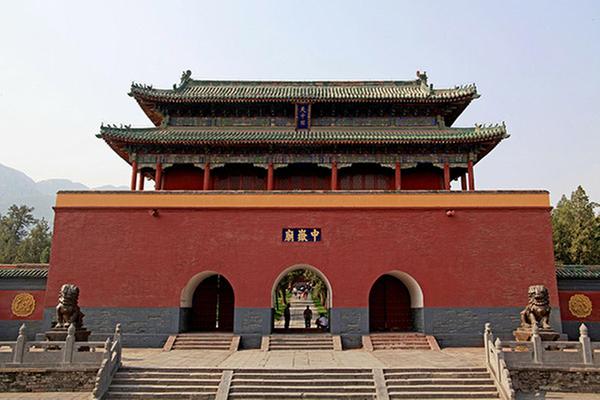 |
| [Photo by Wang Zirui/Asianewsphoto] |
11 Historic Monuments of Dengfeng in the Center of Heaven and Earth
Situated in Dengfeng, Henan province, the Centre of Heaven and Earth contains eight clusters of buildings and sites, which include three Han Que gates and the remains of the oldest religious edifices in China. The buildings reflect different ways of perceiving the center of heaven and earth, as well as the power of the mountain as a centre for religious devotion. The Center of Heaven and Earth was added onto the list on August 1, 2010.
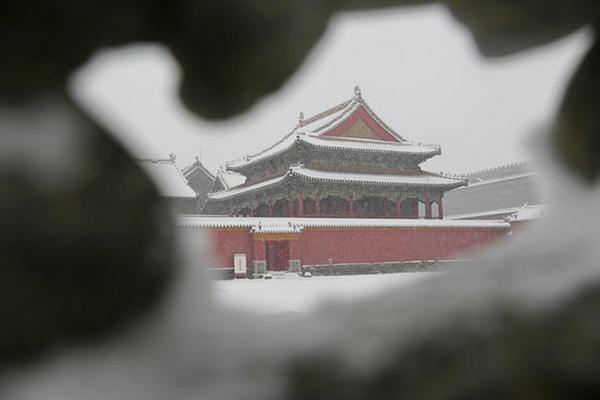 |
| [Photo/Xinhua] |
12. Imperial Palaces of the Ming and Qing dynasties in Beijing and Shenyang
Constructed from 1406 to 1420, the Forbidden City in the center of Beijing used to be the imperial palace of the Ming and Qing dynasties. The Imperial Palace of the Qing Dynasty in Shenyang consists of 114 buildings constructed from 1625–1626 to 1783. The buildings are the testimony to the history of the Qing Dynasty, and to the cultural traditions of the Manchu and other tribes in the North China.
The Imperial Palaces of the Ming and Qing dynasties in Beijing and Shenyang were added to the World Heritage List in 1987 and 2004.
|
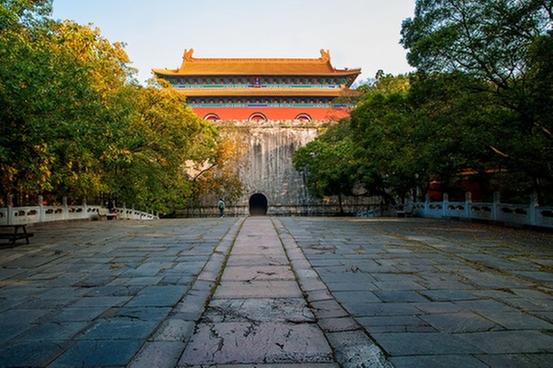
|
| [Photo/nju.gov.cn] |
13. Imperial Tombs of the Ming and Qing dynasties
Built in 17th century, Imperial Tombs of the Ming and Qing dynasties includes three imperial tombs – the Yongling, the Fuling and the Zhaoling Tombs. They are natural sites modified by human influence, which were carefully chosen according to the principles of geomancy (feng shui) to house numerous buildings of traditional architectural design and decoration. The three tombs were respectively added to the World Heritage List in 2000, 2003 and 2004.
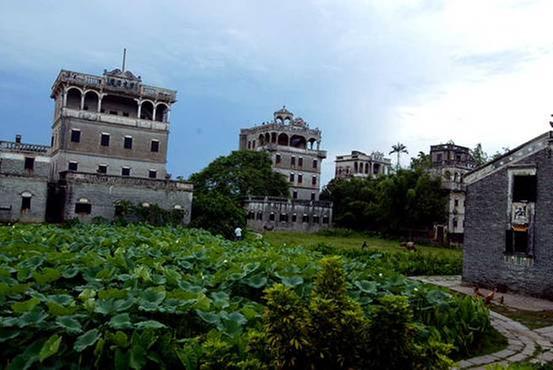 |
| [Photo by Zou Zhongpin/Asianewsphoto] |
14. Kaiping Diaolou and Villages
It is located in Kaiping city, Guangdong province, and is a special vernacular building in China. The Kaiping Diaolou is a multi-story tower-style building which integrates defense, residence and the art of Chinese and western architecture. The Kaiping Diaolou was added to the list on June 27, 2007.
























